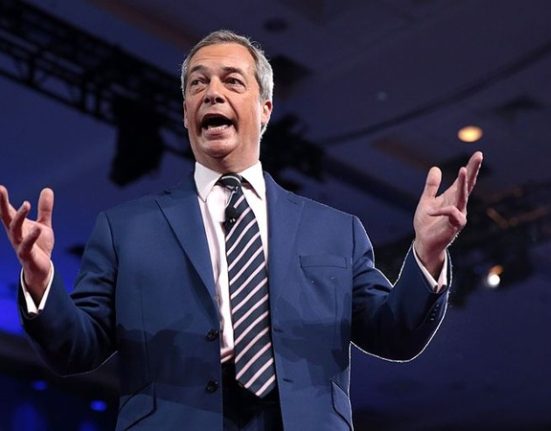The International Monetary Fund has cut its forecast for UK economic growth in 2025, warning Donald Trump’s escalating global trade war is weighing heavily on British prospects.
In its latest World Economic Outlook, the IMF reduced the UK’s growth projection from 1.6% to 1.1%, aligning with the Office for Budget Responsibility’s own downgrade.
BoE interest rate cut could be on the horizon
Despite the gloomy headline, there was some positive news: the IMF believes the Bank of England (BoE) could lower interest rates by three more times this year, following February’s initial cut. The prediction comes as inflation, currently at 2.6%, is expected to rise slightly to 3.1% in 2025 due to energy price pressures, before easing again to 2.2% in 2026.
Pierre-Olivier Gourinchas, the IMF’s chief economist, described the uptick as “transitory”, suggesting there is space for the BoE to loosen monetary policy further without risking long-term inflation.
“Even with the additional three cuts, monetary policy would remain restrictive,” he said, predicting the UK’s key interest rate would eventually settle around 3%, down from today’s 4.5%
Trump’s tariffs among a mix of headwinds
The downgraded outlook reflects several pressures: a decline in consumer spending, elevated energy costs, higher gilt yields and – most significantly – the introduction of new US tariffs, including a 10% levy on UK goods and steeper rates on steel and automotive exports.
BoE officials have been cautious in their response. Deputy governor Sarah Breeden admitted that the impact of Trump’s tariffs is likely to dampen UK growth but warned it was too early to judge the inflationary effects. Monetary Policy Committee member Megan Greene added that tariffs could be “more disinflationary than inflationary”, reinforcing the case for future cuts.
Chancellor remains bullish on UK prospects
Meanwhile, UK Chancellor Rachel Reeves is in Washington this week for talks with US Treasury Secretary Scott Bessent, where she is expected to push for free and fair trade and lobby against the damaging tariff regime. Reeves said the UK was still set to be the fastest-growing European G7 member, outperforming Germany, France, and Italy in both 2025 and 2026.
With economic headwinds building and interest rate cuts back on the table, the UK enters a delicate balancing act – trying to maintain momentum in a tightening global economy while defending its interests on the world stage.







